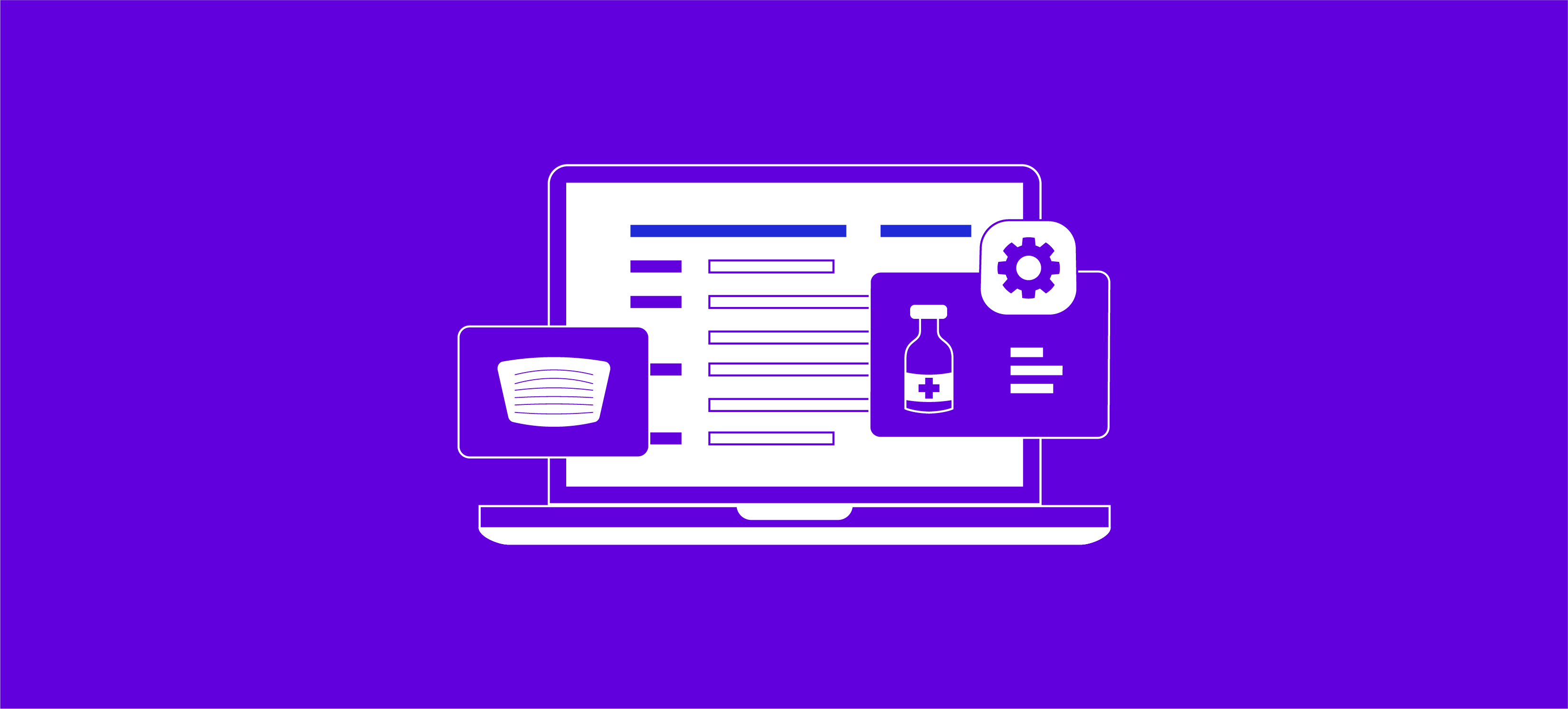Interoperability & Provider Privileging: Part II | symplr

In Part I, we discussed the reasons for a lack interoperability in healthcare from a privileging perspective. In part II, we'll take a look at some of the problems a lack of interoperability causes for the provider privileging process.
There is a complex web of regulatory frameworks for healthcare providers, put in place to ensure that standards of care are maintained and patient safety isn't jeopardized. With medical errors causing 98,000 patient deaths annually and costing the economy $19.5 billion, it's incumbent on health facilities to ensure the competence and capability of their providers.
As we mentioned in Part I, the healthcare industry is struggling to adopt full interoperability and streamline the exchange of data among different systems. This has a major impact on provider privileging; since critical provider information tends to be spread out across multiple systems, facilities, and organizations, it can be a challenge to have everything in place to make informed privileging decisions.
Also, the management and assignment of privileges to procedure and diagnosis codes has to be performed as seamlessly and as error-free as possible, which is why health organizations rely on provider management systems to track and organize this information.
Unfortunately, information gaps in provider management can lead to unauthorized procedures being performed that jeopardize patient safety and interfere with payer claimsand remittances. A major cause of this is a lack of interoperability - the ability for data to easily move around from system to system.
Why Interoperability is Important For Provider Privileging
With so many different healthcare systems in use, it can be difficult for important data to travel between them. Interoperability makes it easy for different systems to locate data downstream and access it quickly. Conversely, a lack of interoperability means that critical information might be isolated in one system and, therefore, missed.
Let's take a look at some of the ways a lack of interoperability between provider management and other systems increases the risk of privileging errors.
1. Poor Provider Data Integrity
When hospital systems aren't capable of sharing data, it inevitably leads to duplicate data entry. And when users are continuously entering and replicating one piece of data from one platform to another, errors are prone to occur.
Also, provider management systems might not directly store information related to education and experience. Without being able to access this data in other locations, the healthcare organization may miss red flags that would otherwise be apparent.
The ability to cleanly send data that's been vetted ahead of time and meets expectations on the receiving end is of major importance. A heavy reliance on manual data entry for provider management reduces the integrity of the data and makes privileging errors more likely.
2. No Real-Time Access to Data
The need for real-time access to provider information among departments is becoming increasingly critical, particularly when trying to provide care in a large and busy hospital, with numerous procedures across multiple specialty disciplines taking place simultaneously.
Hospital staff need to be able to validate privileging information prior to performing procedures. Nurses, for example, have to be confident in the accuracy of privileging data immediately before going into surgery with a physician. A breakdown here can lead to a doctor putting a patient's safety in jeopardy with an unauthorized procedure.
Plus, a hospital has to communicate to an insurance company that a provider has been credentialed and is in good standing to ensure timely payments. Otherwise, it might jeopardize payer remittances if valid credentials weren't shared correctly - which can be extremely costly.
3. Lack of Oversight
A lack of interoperability means that healthcare organizations frequently don't have all the information they need to get a "big picture" overview of their providers. This can be extremely problematic when it comes to audits and investigations.
Without full privileging transparency, a hospital won't have the necessary visibility into the factors leading to an incident – "red flags" that would otherwise have been obvious may have, in such cases, been missed.
Or, when a governing regulatory agency asks for provider information along with an attestation of its accuracy, interoperability limitations may mean this task becomes herculean – as well as increases the risk of compliance issues should inaccuracies in provider data prove to be prevalent.
The Importance of Interoperability and Privileging
With today's healthcare organizations having to manage a large volume of data for each of its providers, as well as having to report back to stakeholders such as regulators and payers, it's critically important for data to be easily accessible and available when needed.
Fortunately, the Office of the National Coordinator for Health Information Technology is working to improve interoperability within the healthcare system. And while progress is being made, it's still vitally important that healthcare organizations ensure their provider management systems have real-time and accurate data to protect patient safety and safeguard against financial penalties.
symplr covers all the angles – from the credentialing, enrollment, and privileging of providers to tracking provider and practice quality to managing vendor and visitor activity in your facility – with advanced solutions, services, and support. Schedule a demo of our credentialing & privileging software solutions to learn more.